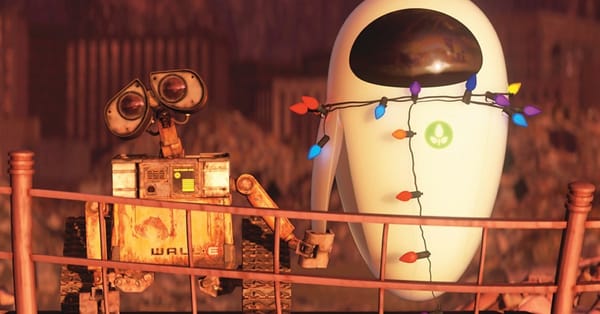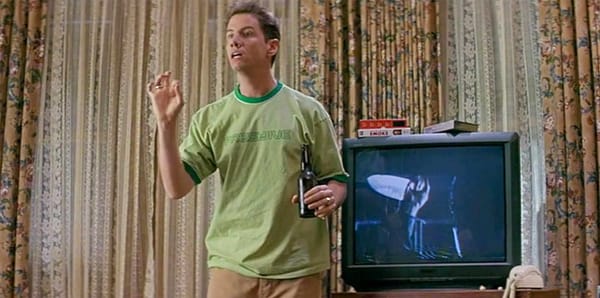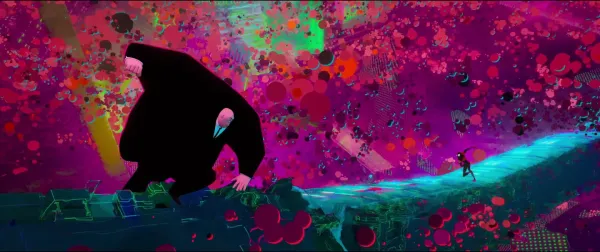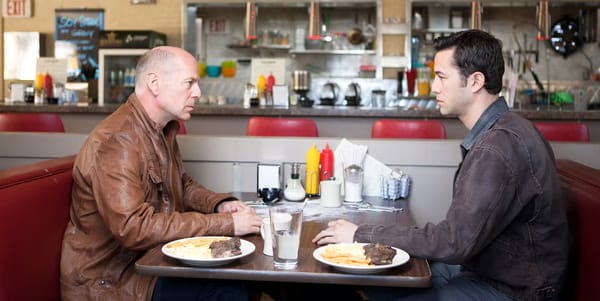💅 Inneresting #245 - How Am I "Unlikeable?"
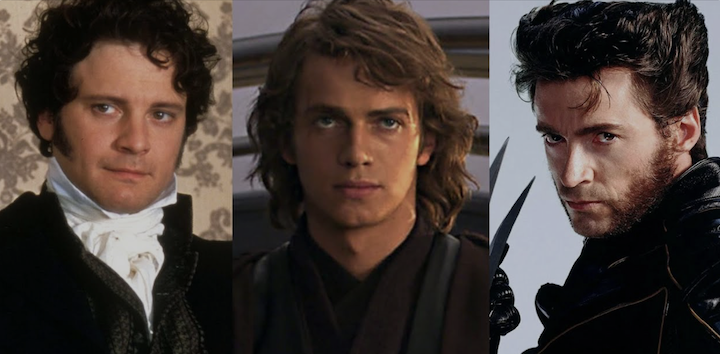
Likeability. The idea that there's some objective sense of whether or not this person is someone you could be friends with/grab a beer with/watch for 90 minutes on a screen without getting annoyed.
It's not just a measurement of morality, because there are plenty of charming devils (fictional and non-fictional). It's about a sense of connection. Whether this character makes you, personally, feel comfortable. If you're saying someone is "unlikeable," you're saying much more about yourself.
Brookes Eggleston gives a baseline for some characteristics that make audiences feel queasy about liking a fictional character. Spoilers: Caillou fits just about all the criteria. Lisa Taddeo, author of Animal, talks about writers backing away from unlikeable characters because they don’t want to see anything of themselves in an unlikeable character (or don’t want to admit that there are ways they themselves can be unlikeable).
I’mYourAlibi tries to remove likeability from the equation by discussing how characters we can empathize with have emotions that resonate, even if that same audience doesn't agree with their actions. Are these flawed characters understandable, relatable, and (potentially) redeemable?
And yes, I also clocked how the thumbnail for this video is focused on male characters that aren't particularly pleasant. We're headed that way.
Kolina Cicero asks why unlikeable is used as a gendered description for fictional characters that isn’t equally applied:
”The other day I came across an unofficial literary genre: Good for Her, the trope where “women reclaim their agency, often through morally ambiguous or unconventional actions.” These are the books that create space for “complex and unapologetically human characters.”
Why wouldn’t we want more books like these? Why would we write them off because the protagonists could be considered unlikeable?”’
Steph Auteri points to the notion that we don’t approach fictional characters looking for friends, but looking for a good story, and suggesting that female characters seem to be deemed less likeable when they have stronger personal desires.
Sofia Surreal considers how Promising Young Woman interrogates what men find attractive and likeable, and why so many of the men in the story are attracted to women at their most vulnerable, but are terrified by women who are sober, assertive, and asking questions:
Anna Bogutskaya reconciles her love of female characters who never apologized for their desires or flaws with existing as a woman where being liked is impossible, but still essential to success:
The silent implication of being unlikeable is that it’s a free pass to be dismissed, disrespected, and disempowered. If you are deemed unlikeable, you have refused to be a part of the machine of femininity, so you are fair game. You can, and perhaps should, be punished, taught a lesson, put in your place. Unlikeable women – we are told by decades of pop culture – need a valid excuse to be so unlikeable, or else they need to be punished for going against the rules. Only a woman’s intense suffering can justify her unlikeability.
Nuanced characters can engage in ways that unimpeachable icons can't. Fearing a character to be too flawed to be liked is a form of self-censorship. It lets a negative, reductive voice live rent free in your head (and writers already have enough voices in their head, thank you very much).
👋 Are you new here?
Inneresting is a weekly newsletter about writing and things that are interesting to writers. Subscribe now to get more Inneresting things sent to your inbox.
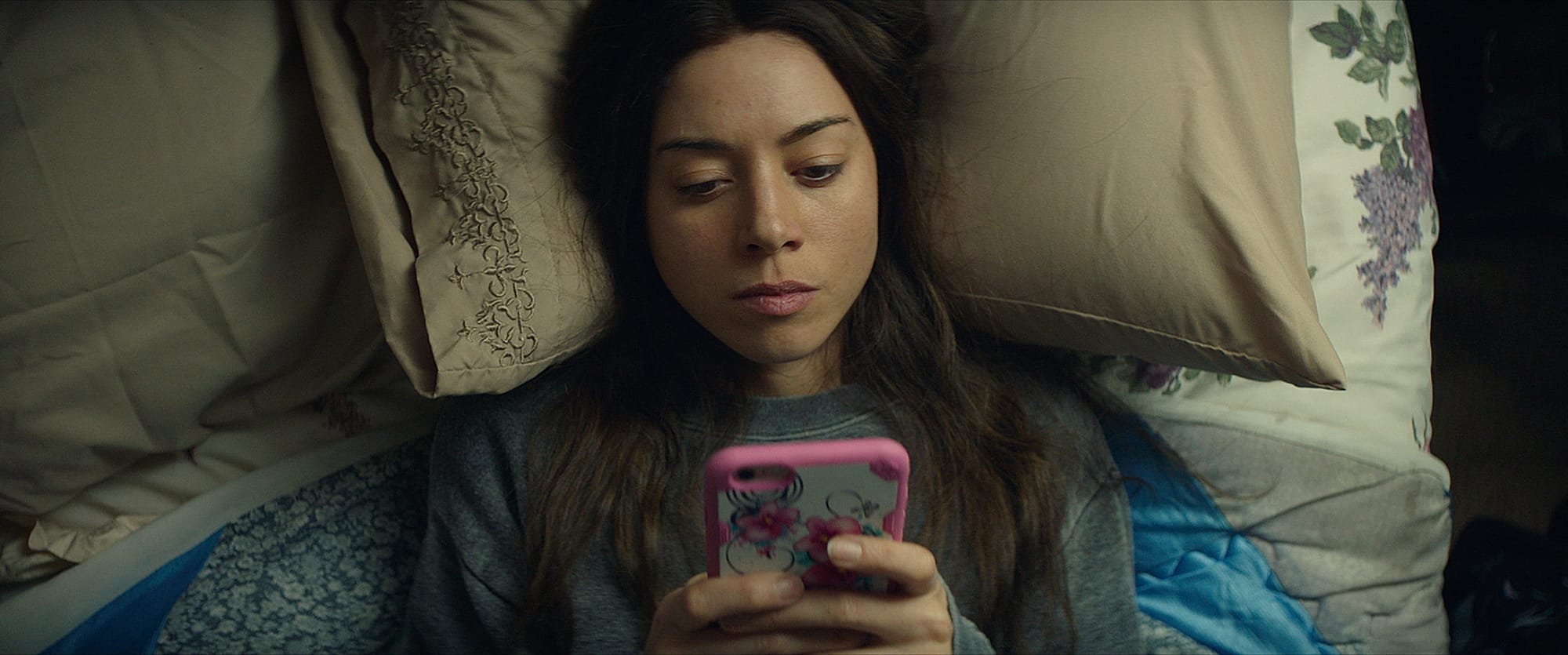
Read more "unlikeable" female characters
This week's Featured Friday on the Weekend Read app is chock full of great scripts, including:
- Gone Girl
- Ingrid Goes West
- The Regime "Don't Yet Rejoice"
- Young Adult
- and many more...
Previously on Inneresting…
In case you missed it, in last issue’s most clicked link, Luisa from "all over the place" with a relatable story - "I want to do everything, so I do nothing."
What else is inneresting?
- “It’s giving parody, not feminism.” - Abby Gardner on the much-hyped Blue Origin flight (feat. Katy Perry).
- A look back at the intensity of Twelve Angry Men, which didn't need to defend it's unlikeable characters...
- Keziah Weir reveals Meta's justification for training AI with pirated copies of books that Meta employees describe as "individually worthless."
And that’s what’s inneresting this week!
Inneresting is edited by Chris Csont, with contributions from readers like you and the entire Quote-Unquote team.
Are you enjoying this newsletter?
📧 Forward it to a friend and suggest they check it out.
🔗 Share a link to this post on social media.
🗣 Have ideas for future topics (or just want to say hello)? Reach out to Chris via email at inneresting@johnaugust.com, Bluesky @ccsont.bsky.social, or Mastodon @ccsont@mastodon.art.
Post-Credits Scene


